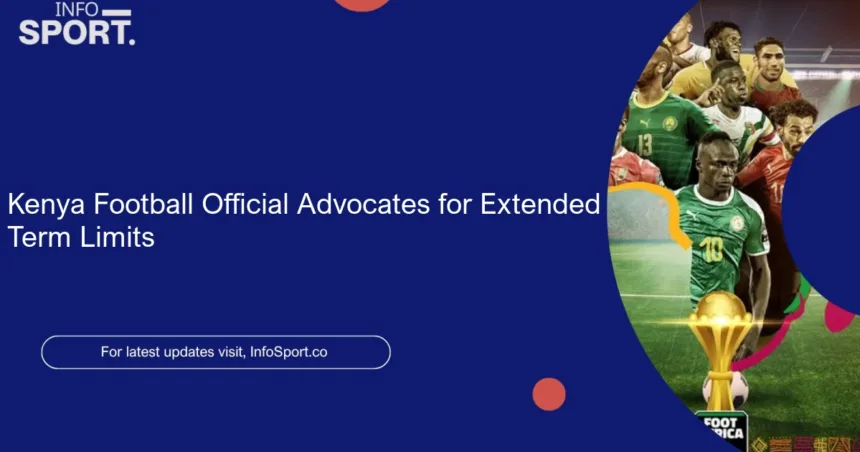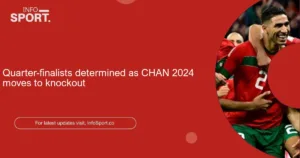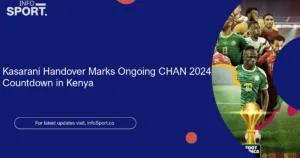Football Kenya Federation Official Seeks Longer Term Limits
The Football Kenya Federation (FKF) is actively advocating for an extension of its elected officials’ term limits, aiming to enhance stability and governance in Kenyan football. FKF CEO Harold Ndege presented the federation’s proposals during a task force reviewing Kenya’s sports policy framework in Nairobi, emphasizing the need for change in sports administration.
Advocating for Extended Term Limits
In a bold move, Ndege proposed increasing the current term limit from four to five years, aligning it with the national government’s term. This initiative aims to provide elected officials with the necessary time to implement longer-term strategies and achieve tangible results within the Kenyan football landscape. “Longer terms will facilitate consistent leadership and accountability,” Ndege stated.
Additional Proposals for Structural Improvement
Beyond term limits, FKF is pushing for comprehensive reforms, including registering football clubs as limited companies. This shift would open avenues for clubs to issue shares and trade on the Nairobi Stock Exchange, thereby increasing financial sustainability. “By allowing clubs to access greater financial resources, we can enhance the growth of football in Kenya,” Ndege explained.
Furthermore, Ndege explored the restructuring of the Sports and Disputes Tribunal (SDT), proposing it operate as a court of first instance instead of just an appellate body. This change could significantly reduce delays in the resolution of disputes, fostering a healthier competitive environment.
Challenges and Internal Dissent
However, the FKF’s plans come amid a backdrop of internal dissent. Bob Collins Otieno, a key figure in FKF’s leadership election, criticized the current administration led by Hussein Mohammed, calling for improved transparency and accountability. “Kenyan football deserves visionary leadership,” Otieno stated, questioning whether the ongoing initiatives represent a genuine ‘Fresh Start’ or merely another missed opportunity.
As FKF calls for changes that promise longer-term stability and growth, it will be pivotal for stakeholders to engage in meaningful dialogue, ensuring that the football community’s needs are met.
Next steps include convening further discussions among stakeholders to refine these proposals and mobilize support for their implementation. Engaged leadership will be crucial in transforming Kenyan football’s governance, heralding a new era of accountability and progress.






















